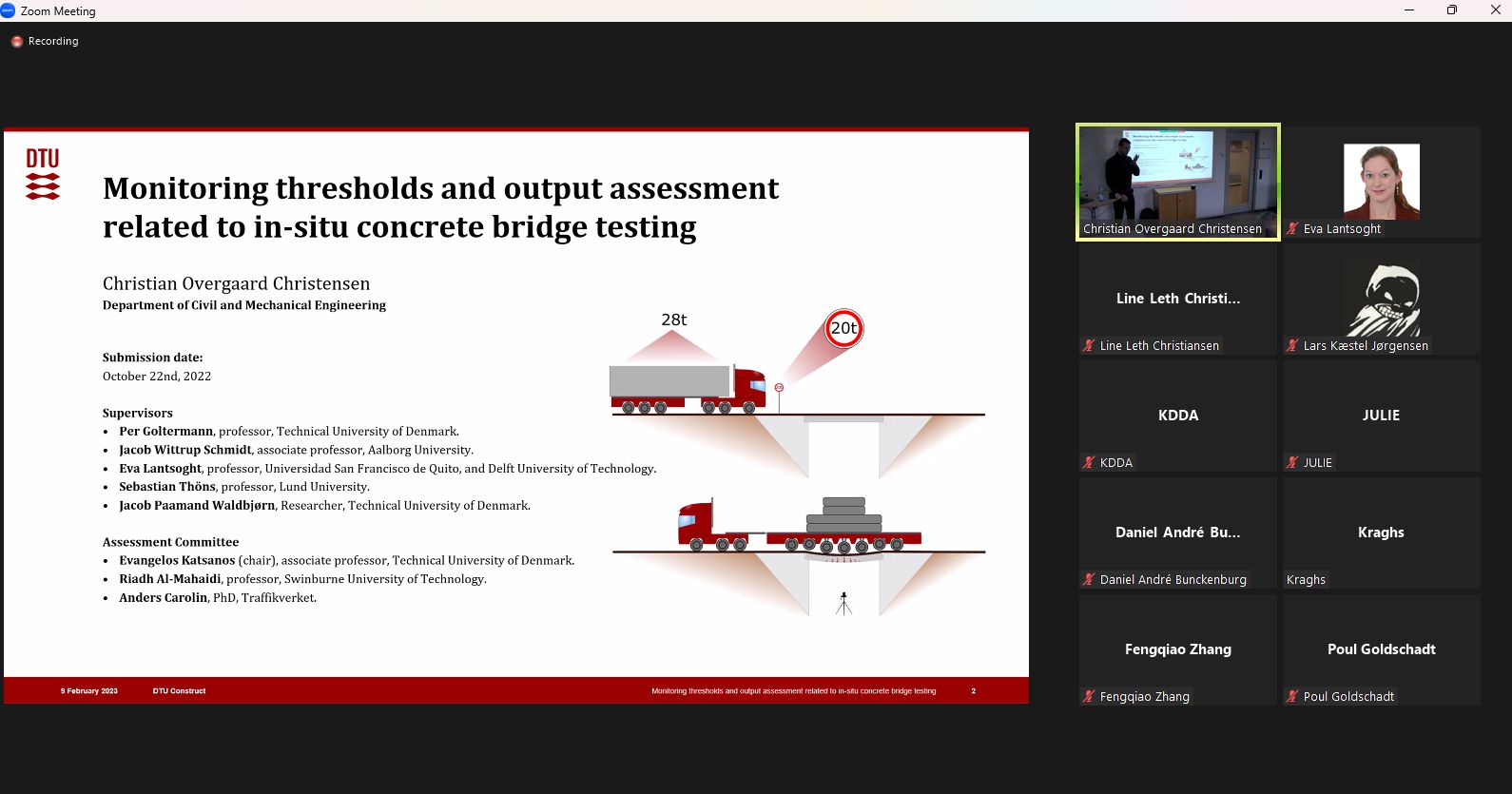
Research findings about preparing for the defense
I recently published a paper about my research on preparing for the doctoral defense.
Here are some important takeaways from this research:
- Read your thesis: When you prepare for your defense, read your thesis. This approach is also the most common strategy used by doctoral candidates.
- Understand your defense format: If you can go attend a doctoral defense at your institution, by all means, do so. You need to understand the format of your defense and what is expected from you to be able to prepare. Don’t lean on information you find online about a format used in a different country than yours, as the associated expectations can be very different.
- Practice: Practice answering questions. Practice thinking up questions that your committee could ask. Practice your presentation.
- Have a good mock defense: If you are going to have a mock defense, try to get one that is as close to the real defense as possible. Make sure it follows the same format, is practiced in the same (or a similar) room as the defense, and use all formalities expected.
- Take a course: If your university offers a preparation course, take such a course. A good course will teach you how to prepare properly, and will help you understand the expectations around your defense.
- Ask for support: If your university offers no preparation course or any other support towards the defense, ask for it. I recommend that universities start to think about how they can better support their doctoral candidates towards the finalization of their PhD, and preparing them for the defense is an important aspect of it.
Here’s the abstract of the paper for your reference:
The doctoral defense is an important step towards obtaining the doctoral degree, and preparation is necessary. In this work, I explore the relation between the way in which a doctoral candidate prepares for the defense and two important aspects of the defense: the outcome of the defense, and the student perception during and after the defense. I carried out an international survey with an 11-point Likert scale, multiple choice, and open-ended questions on the doctoral defense and analyzed the data of the 204 completed surveys using quantitative and qualitative methods. The methods I used included the statistical tests of the correlation between, on the one hand, the preparation and, on the other hand, the defense outcome and student perception. I used an inductive thematic analysis of the open-ended survey questions to gain a deeper insight into the way candidates prepared for their defense. I found that candidates most often prepare by making their presentation, reading their thesis, and practicing for the defense. The most effective measure is the mock defense, followed by a preparatory course. The conclusion of this work is that doctoral candidates need to understand the format of their defense in order to be able to prepare properly, and that universities should explore either individual pathways to the defense or pilots using a mock defense and/or preparatory course to prepare their doctoral candidates for the defense.



